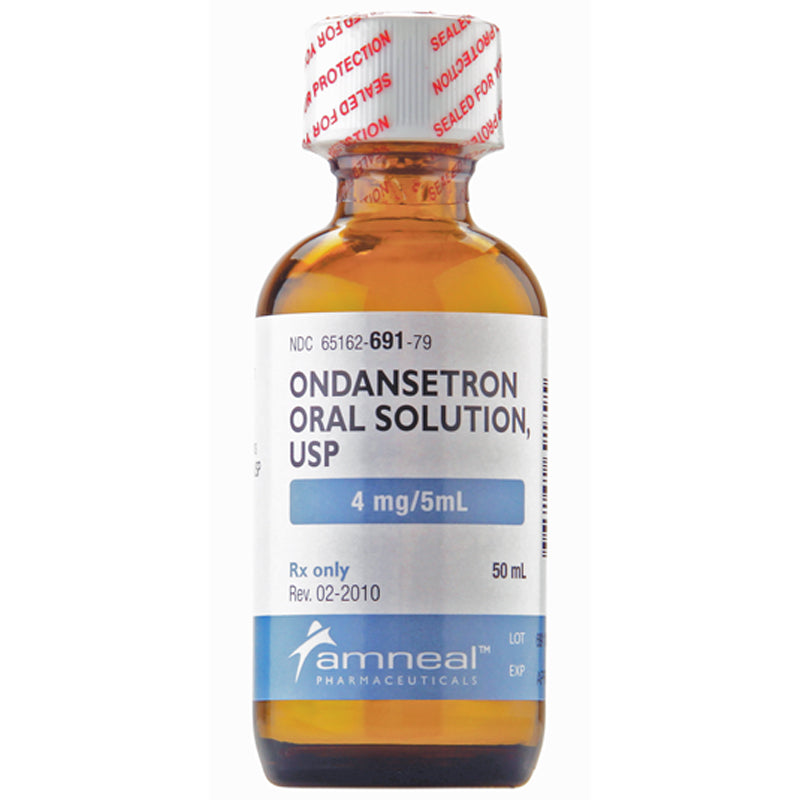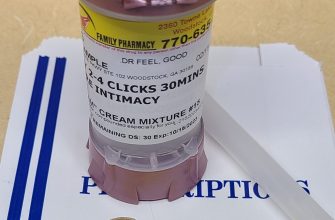No, Zofran (ondansetron) isn’t typically used to treat acid reflux. It’s primarily an antiemetic, designed to prevent and control nausea and vomiting. While some individuals might experience a reduction in heartburn symptoms incidentally, this isn’t its intended purpose or a reliable effect.
Acid reflux, or gastroesophageal reflux disease (GERD), requires treatment targeting stomach acid production. Proton pump inhibitors (PPIs) like omeprazole or lansoprazole, and H2 blockers like ranitidine are the common first-line approaches. These medications directly address the root cause of acid reflux, unlike Zofran.
If you’re experiencing persistent heartburn or acid reflux, consult a gastroenterologist. They can accurately diagnose the issue and recommend appropriate treatment, possibly including lifestyle changes alongside medication. Self-treating with medications not intended for acid reflux can be risky and may delay proper care.
Remember: Always discuss any medication changes with your doctor or pharmacist before altering your treatment plan. They can help you understand the risks and benefits of any medication and ensure you receive the safest and most effective care.
- Zofran to Treat Acid Reflux: A Detailed Overview
- Understanding the Misconception
- Safe and Effective Alternatives
- Understanding Zofran’s Mechanism and its Limitations in Acid Reflux
- Why Zofran Isn’t a Solution for Acid Reflux
- Appropriate Treatments for Acid Reflux
- Off-Label Use of Zofran for Acid Reflux: Risks and Considerations
- Effective Treatments for Acid Reflux: A Comparison to Zofran
- Consulting a Healthcare Professional: The Importance of Diagnosis and Treatment
- Understanding Your Treatment Options
- Medication Considerations and Potential Side Effects
Zofran to Treat Acid Reflux: A Detailed Overview
Zofran (ondansetron) isn’t FDA-approved for acid reflux treatment. It primarily treats nausea and vomiting. However, some individuals report using it off-label for reflux symptom relief, particularly nausea associated with GERD.
Understanding the Misconception
The connection stems from the fact that severe acid reflux can cause nausea. Targeting the nausea might indirectly improve some reflux symptoms, but it doesn’t address the underlying cause: stomach acid overproduction.
- Focus: Zofran tackles nausea, not the root of acid reflux.
- Mechanism: It blocks serotonin receptors in the brain, reducing the vomiting reflex.
- Effect on Reflux: Indirectly, reduced nausea *might* improve patient comfort, but it won’t heal esophageal damage or reduce acid production.
Safe and Effective Alternatives
For acid reflux, doctors typically recommend proven treatments like:
- Proton Pump Inhibitors (PPIs): Omeprazole, lansoprazole, etc., reduce stomach acid production.
- H2 Blockers: Ranitidine, famotidine, etc., lessen acid secretion.
- Lifestyle Changes: Dietary modifications, weight management, and avoiding triggers (alcohol, caffeine, spicy foods).
Always consult a physician before starting any medication, especially off-label use. They can properly diagnose your condition and recommend suitable treatment options for your specific needs. Self-treating can be dangerous and may delay proper care.
Understanding Zofran’s Mechanism and its Limitations in Acid Reflux
Zofran (ondansetron) primarily blocks serotonin receptors in the brain’s vomiting center. This action reduces nausea and vomiting, not stomach acid production. Therefore, it doesn’t directly address the root cause of acid reflux.
Why Zofran Isn’t a Solution for Acid Reflux
Acid reflux stems from a weakened lower esophageal sphincter (LES) or increased stomach acid production. Zofran doesn’t affect the LES or acid production. While some individuals might find temporary relief from reflux-related nausea with Zofran, it’s not a treatment for the underlying condition. Using Zofran for acid reflux risks masking symptoms and delaying proper diagnosis and treatment.
Appropriate Treatments for Acid Reflux
Effective acid reflux treatments include lifestyle changes (diet modifications, weight loss), over-the-counter antacids or H2 blockers, and prescription medications like proton pump inhibitors (PPIs). Consult a healthcare professional for a proper diagnosis and personalized treatment plan. They can guide you on the best approach to managing your acid reflux symptoms.
Off-Label Use of Zofran for Acid Reflux: Risks and Considerations
Don’t use Zofran for acid reflux without consulting your doctor. While some people report using it off-label for this purpose, it’s not approved for treating acid reflux, and doing so carries potential risks.
Zofran primarily combats nausea and vomiting. Its mechanism of action differs significantly from that of acid reflux medications. Consequently, its effectiveness in relieving acid reflux symptoms is unproven, and you may experience no benefit.
Potential side effects from using Zofran for acid reflux include headache, dizziness, drowsiness, and constipation. More serious, though rare, side effects include heart rhythm problems and prolonged QT interval. These risks outweigh any potential benefit from its off-label use.
Acid reflux has effective treatments. Your doctor can diagnose your condition accurately and recommend appropriate medications like proton pump inhibitors (PPIs) or H2 blockers. These are designed to address the root cause of acid reflux, providing a safer and more effective solution than using Zofran off-label.
Always prioritize your health by seeking professional medical advice before using any medication for an unapproved purpose. Your doctor can assess your individual needs and recommend the best course of action to manage your symptoms safely and effectively.
Effective Treatments for Acid Reflux: A Comparison to Zofran
Zofran, primarily an antiemetic, isn’t typically used for acid reflux. Instead, consider these proven treatments:
Antacids: These neutralize stomach acid, providing quick relief. Brands like Tums and Rolaids are readily available over-the-counter. Remember to follow dosage instructions.
H2 Blockers: These reduce stomach acid production. Famotidine (Pepcid) and cimetidine (Tagamet) are common examples. They offer longer-lasting relief than antacids.
Proton Pump Inhibitors (PPIs): PPIs, such as omeprazole (Prilosec) and lansoprazole (Prevacid), powerfully suppress acid production. They are generally more effective than H2 blockers but require a prescription for long-term use. Discuss the benefits and risks with your doctor.
Lifestyle Changes: Dietary adjustments are crucial. Avoid trigger foods like caffeine, alcohol, chocolate, and spicy dishes. Eating smaller, more frequent meals can help. Elevating your head during sleep can also reduce nighttime reflux.
Choosing the right treatment depends on your individual needs and the severity of your symptoms. Consult your physician for a personalized plan. They can accurately diagnose your condition and recommend the most appropriate approach.
Consulting a Healthcare Professional: The Importance of Diagnosis and Treatment
See your doctor before using Zofran for acid reflux. Self-treating can be risky.
Your physician will conduct a thorough examination and possibly order tests like an endoscopy or upper GI series to accurately determine the cause of your symptoms. Acid reflux is a common symptom, but many conditions share similar signs, like a hiatal hernia or even peptic ulcers. A proper diagnosis prevents incorrect treatment and potential complications.
Understanding Your Treatment Options
Once diagnosed, your doctor will discuss appropriate treatment. This might include lifestyle changes, like dietary modifications or weight loss, or medication tailored to your specific needs. Zofran, primarily an antiemetic, isn’t a standard treatment for acid reflux. Using it improperly can have side effects and won’t address the underlying issue.
Medication Considerations and Potential Side Effects
Always fully disclose your medical history and any medications you currently take. This information helps your doctor choose the safest and most effective treatment plan. Be aware that all medications have potential side effects. Discuss these with your physician, and report any unusual symptoms immediately.
| Medication Type | Possible Side Effects |
|---|---|
| Proton Pump Inhibitors (PPIs) | Headache, diarrhea, nausea |
| H2 Blockers | Headache, constipation, dizziness |
| Prokinetics | Drowsiness, fatigue, diarrhea |
Remember, open communication with your doctor is key to successful management of acid reflux and other gastrointestinal conditions. Regular follow-up appointments help track your progress and adjust your treatment plan as needed.







